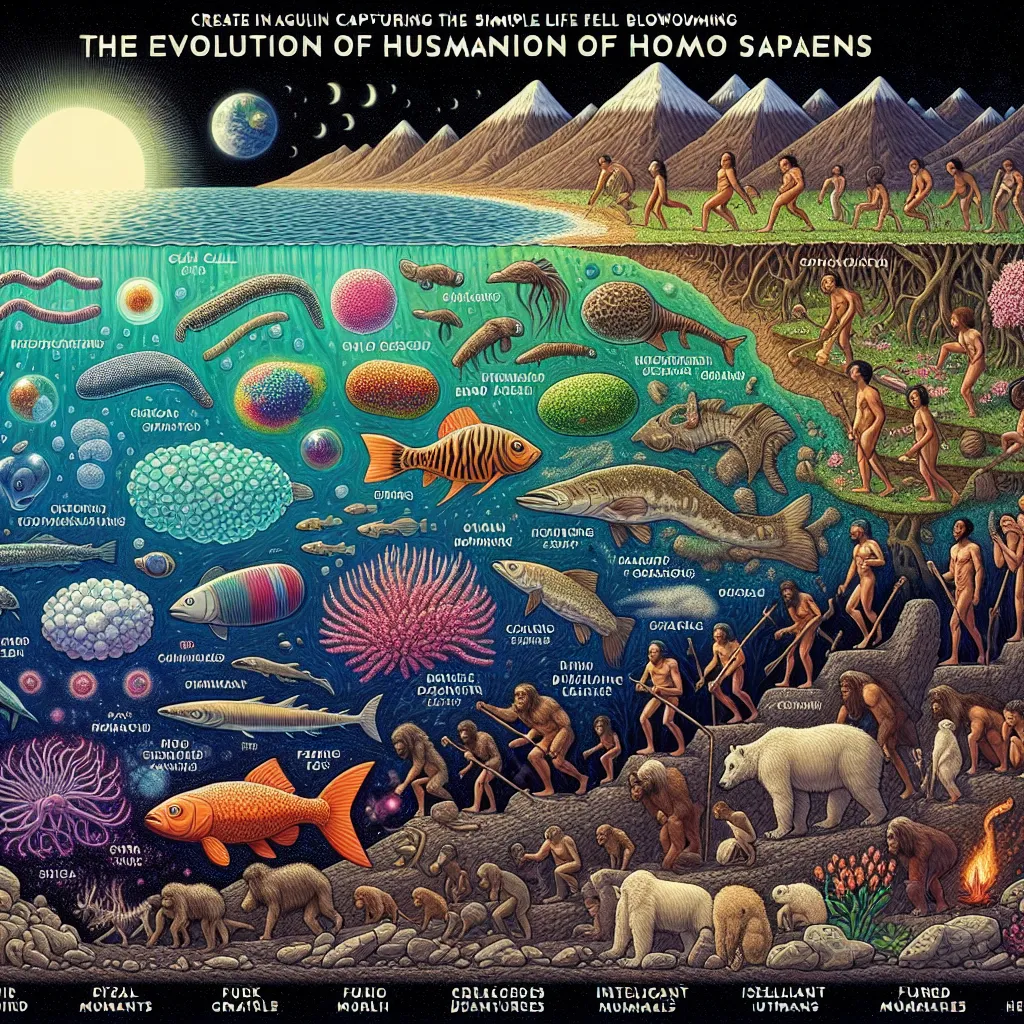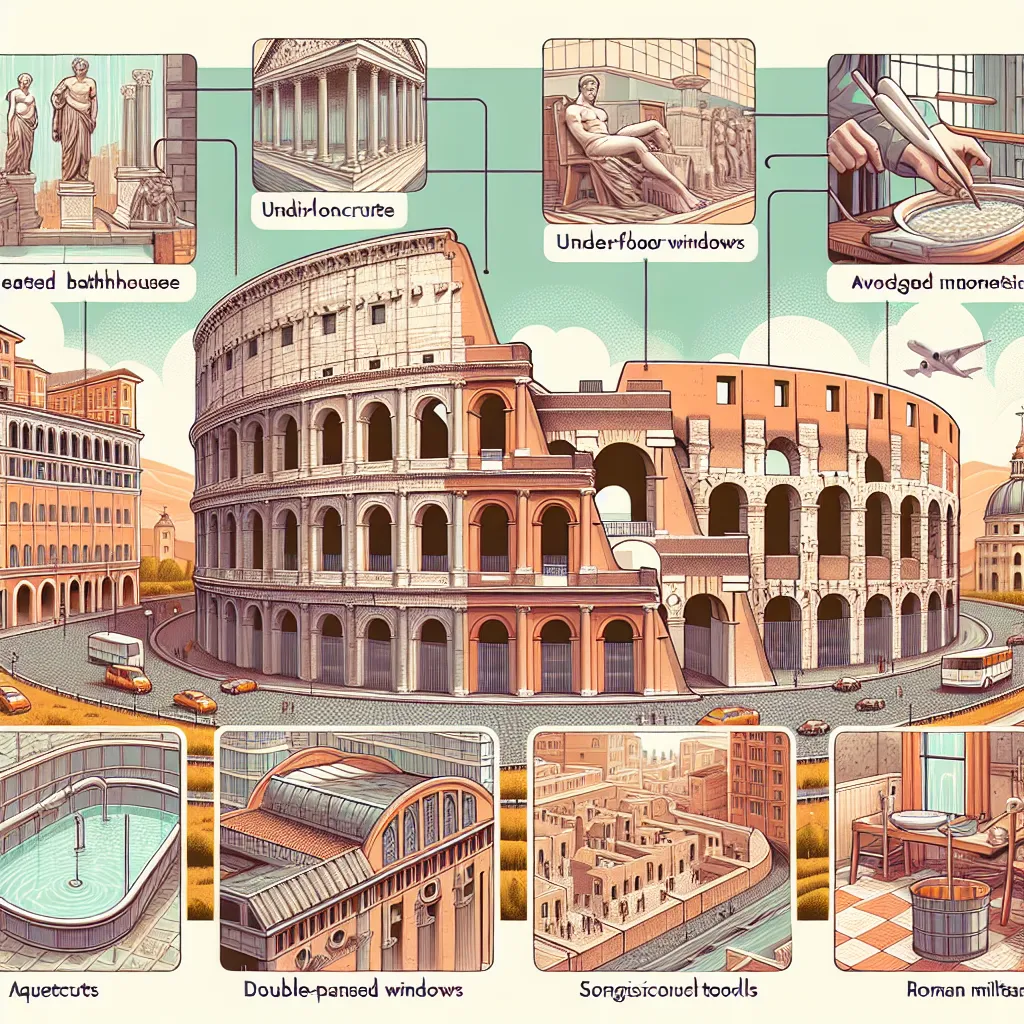Humans are the most intricate beings on this planet. With our big brains and two-legged stride, we’ve transformed from mere earthly materials to rulers of our environment. Looking back, our journey through 4 billion years of evolution is mind-boggling. Through countless twists, turns, and near-extinctions, we’ve battled from rodents to reptiles, surviving against predators and natural disasters alike.
The Earth began as a molten mass, a hostile and lifeless place. Generating life was a longer shot than winning any cosmic lottery. Nobody’s exactly sure how life began, but water was crucial. It’s thought that asteroids or comets delivered it. Lightning might have struck the chemical soup, and out of this mess, a simple genetic material emerged – the first cell.
This cell began to self-replicate around 3.5 billion years ago, and every living thing on Earth today, from bugs to humans, traces back to it. These cells evolved over 2 billion years, becoming diverse organisms through random mutations and the vital accident called sex, which introduced genetic variety.
The Tree of Life branched out into billions of species, but only one branch led to us. Starting as simple aquatic worms, we slowly evolved, growing more complex over time. Around 550 million years ago, our ancestors could distinguish light from dark, giving them a critical survival edge.
This ability to adapt to environmental challenges is central to natural selection. For instance, 521 million years ago, tiny nerve clusters in fish developed into the earliest forms of the brain. By 400 million years ago, fish facing deadly predators adapted jaws and teeth for defense and sustenance.
In a groundbreaking step about 365 million years ago, our fish ancestors developed rudimentary lungs to breathe air and eventually ventured onto land. Overcoming new environmental challenges, including drying out in the sun and navigating rough terrain, necessitated adaptations like thicker skin and claws.
Around 340 million years ago, the innovation of the hardened egg allowed our ancestors to thrive on land. Evolution moved fast. By 250 million years ago, while most species perished in a mass extinction event, our resilient ancestors hung on, evolving fur and maintaining a tragic rivalry with early dinosaurs.
Around 66 million years ago, the asteroid that wiped out dinosaurs created an opportunity for us. Protected by size and fur, our ancestors became the dominant species. The diversification of species continued, and new adaptations like opposable thumbs enabled sophisticated tool use.
Fast forward to 1.8 million years ago, we see Homo erectus mastering fire and hunting. Our ancestors’ ability to cooperate and communicate set the stage for the birth of family structures and eventually complex societies. They started cooking food, leading to smaller jaws, bigger brains, and the development of speech.
By 200,000 years ago, Homo sapiens, or “wise men,” emerged. Armed with intelligence, speech, and tools, we spread across the continents, continually adapting and evolving. Our journey from a single cell in a primordial soup to the complex beings we are today is incredible. This is our story – the story of human evolution.






